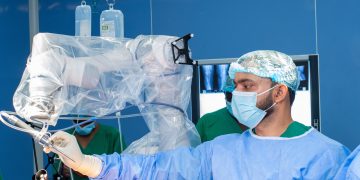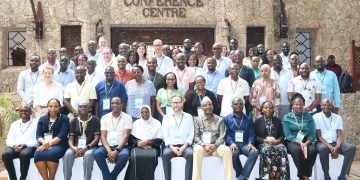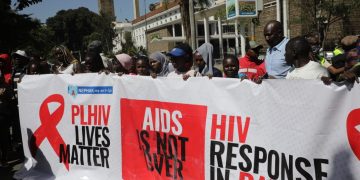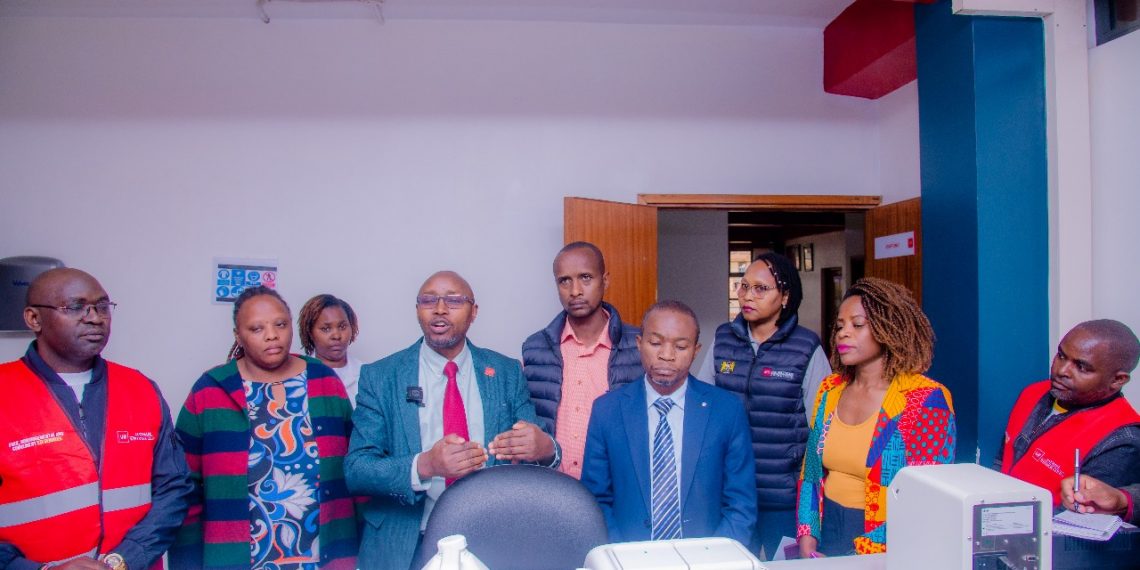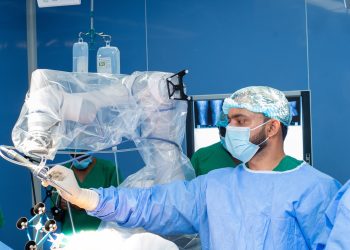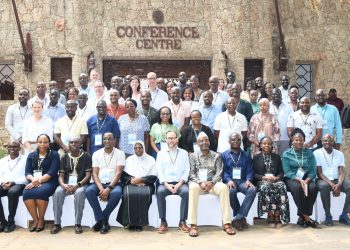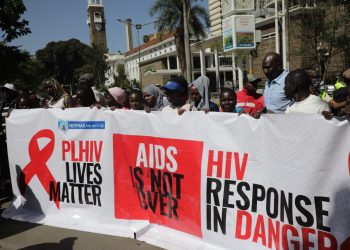For decades, the fight against sexually transmitted infections (STIs) in Kenya has been a battle fought in the dark. Relying on “syndromic management”—a system that treats based on symptoms alone has led to a cycle of undertreatment, misdiagnosis, and persistent infections.
Now, a quiet revolution is underway on Juja Road in Nairobi’s Mathare area, led by the AIDS Healthcare Foundation (AHF) Kenya.
AHF’s new Wellness Clinic is moving beyond guesswork by offering lab-based STI diagnosis, including the gold standard of precision: Polymerase Chain Reaction (PCR) testing. This paradigm shift in sexual health care promises to end the “cocktail of antibiotics” approach and usher in an era of targeted, effective treatment.
“We are no longer treating on assumption,” says Joash Mbuya clinical officer at the clinic. “Through urine analysis, blood tests, swabs, and PCR, we can accurately identify specific infections like syphilis, gonorrhea, and chlamydia. This allows us to provide specific and effective treatment.”
According to Dr Samuel Kinyajui the limitations of syndromic management are starkly clear at the AHF clinic, where more than half of all patients with STIs present with no symptoms. These “silent” infections, if left untreated, can lead to severe health consequences, including infertility and chronic pain, and most critically increase vulnerability to HIV transmission.
“PCR is the gold standard but often out of reach due to cost. AHF’s investment bridges that gap,” said Dr. Stephen Ndolo, Director of Promotion and Programme Management at the National Syndemic Diseases Control Council (NSDCC), Ministry of Health. “By diagnosing the specific infection rather than treating syndromes alone, we improve outcomes and help protect the wider community.”
“Some STIs create wounds or break the skin, providing an easy entry point for the virus,” explains Dr. Kinyanjui, AHF Kenya’s country director said.
He added that PCR testing bypasses the misleading nature of symptoms, providing an accurate, evidence-based diagnosis. This precision is not just about effective treatment; it’s about breaking the chain of infection at its source.
When first-line treatments fail in a syndromic management model, health workers are often left to guess whether the issue is drug resistance, a misdiagnosis, or a different infection entirely. AHF’s clinic ends this cycle of uncertainty. In collaboration with the Kenya Medical Research Institute (KEMRI), the clinic will now refer non-responsive cases for culture and drug sensitivity testing in their laboratory.
“If a patient doesn’t respond to first-line therapy, we now have the data to move to second or third-line treatment,” Kinyanjui notes. “Cultures tell us exactly which antibiotics will work, putting an end to the cycle of trial and error.”
While a full PCR panel can be prohibitively expensive, costing up to KSh 5,500, AHF offers the service completely free of charge. This is made possible through the support of global donors and partners who share AHF’s mission. “A client walking in here saves about KSh 7,500 when you factor in consultation, HIV testing, and treatment,” says Dr. Kinyanjui. “Our goal is not profit; it’s about breaking the chain of infection and protecting communities from HIV.”
This commitment to accessible, high-quality care has been lauded by government and community leaders alike. Anthony Kiplagat, Nairobi County’s HIV, STI, and viral hepatitis coordinator, praised the initiative for providing precise data and quality treatment that will eventually “inform national guidelines.”
The Wellness Clinics in Mathare and a sister site in Kamukunji are currently operating as sentinel centers. The data gathered here on STI prevalence and resistance will be critical in determining the feasibility of expanding the model to other cities like Mombasa and Nakuru.
“PCR is expensive, but it’s the only way to get beyond guesswork,” Dr. Kinyanjui insists. AHF aims for these clinics to serve as a national blueprint for Kenya’s STI response—one grounded in science, not assumptions. In a country where three out of every four patients screened at the clinic test positive for syphilis, gonorrhea, or chlamydia, the need for this revolutionary approach has never been more urgent. AHF’s initiative is not just treating a disease; it’s redefining the future of sexual health in Kenya.


